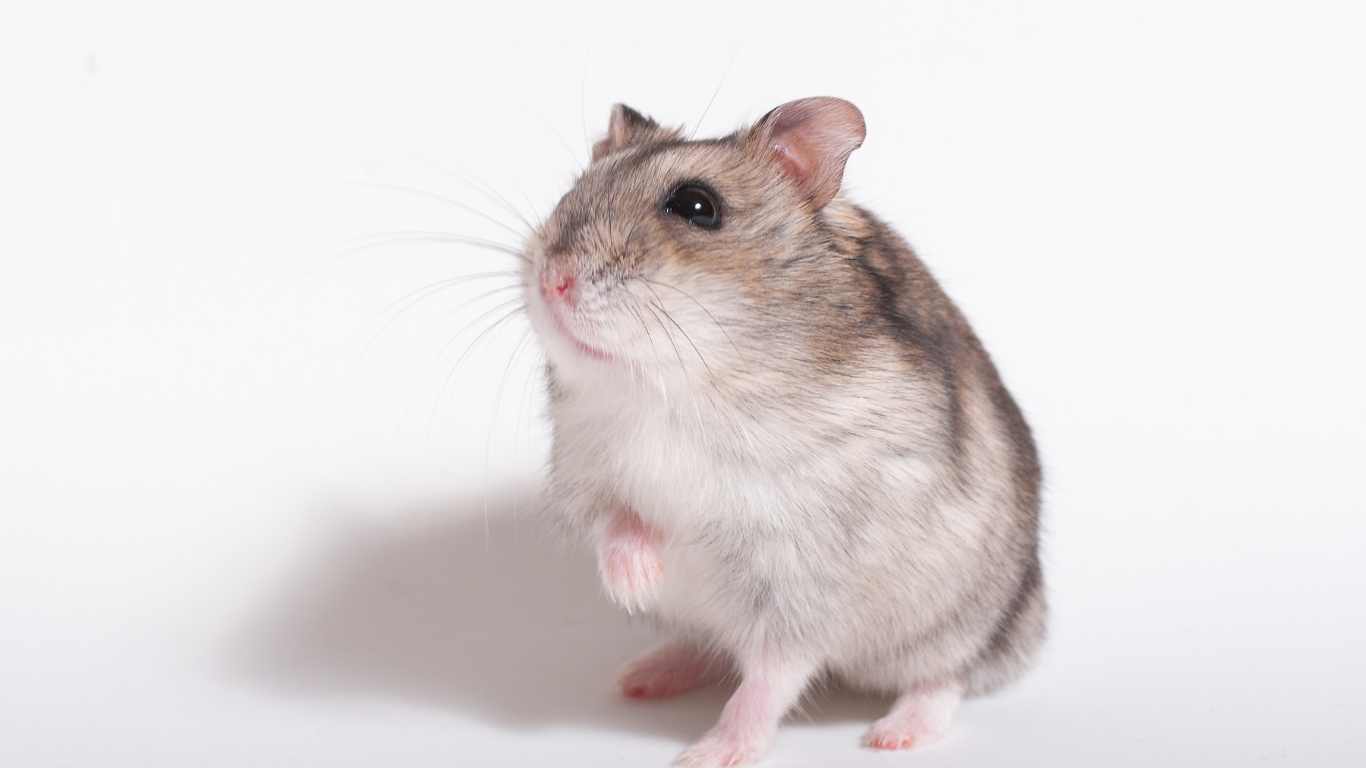Hamsters are delightful pets that bring joy and companionship to many people. However, it can be concerning if you notice your furry friend shaking or trembling. In this article, we will explore the possible reasons behind why your hamster is shaking and what actions you can take to ensure their well-being. Let’s delve into this topic step by step to gain a better understanding.
Top Reasons why is my hamster shaking:
Hamsters are small rodents known for their adorable appearance and playful nature. While they are generally healthy animals, there can be instances when they exhibit shaking or trembling behavior. Hamster owners must identify the cause behind these tremors to ensure the well-being of their furry companions.
Normal Behavior
Sometimes, your hamster’s shaking might be perfectly normal and not a cause for concern. Hamsters often shiver or shake when they are cold, just like humans do. It is their way of generating body heat to keep warm. If the shaking stops once they are in a warm and comfortable environment, there is usually no need to worry.
Environmental Factors
Environmental factors can play a significant role in causing your hamster to shake. Loud noises, sudden temperature changes, or a drafty environment can make them feel stressed or anxious, leading to trembling. Ensure that your hamster’s cage is located in a quiet area away from constant disturbances and that the temperature remains stable.
Stress and Anxiety
Hamsters are sensitive creatures, and stressful situations can make them shake. Common stressors include handling your hamster roughly, introducing them to a new environment, or even the presence of other pets nearby. Providing your hamster with a calm and secure environment to reduce their anxiety levels is important.
Health Issues
Shaking can also be an indication of underlying health issues in hamsters. Some common conditions that may cause tremors include infections, neurological problems, or pain. If you observe other symptoms, such as loss of appetite, lethargy, or changes in behavior, it is advisable to consult a veterinarian for a thorough examination.
Improper Handling
Incorrect handling techniques can cause your hamster to feel frightened or uncomfortable, leading to shaking. It is essential to handle your hamster gently, ensuring you support their body properly and avoid sudden movements. Building trust and bonding with your pet through positive interactions can help alleviate any anxiety they may feel during handling.
Age-related Tremors
As hamsters age, they may develop tremors due to natural degeneration or age-related conditions. Just like humans, elderly hamsters can experience a decline in their motor skills and muscle strength, leading to shaking. Providing them with a comfortable and stress-free environment becomes even more crucial as they grow older.
Seeking Veterinary Assistance
If your hamster’s shaking persists or is accompanied by other concerning symptoms, it is recommended to seek professional veterinary advice. A veterinarian can conduct a comprehensive examination, diagnose any underlying health issues, and provide appropriate treatment or guidance to ensure your hamster’s well-being.
Conclusion
Observing your hamster shaking can be worrisome, but it is essential to understand the possible reasons behind this behavior. While some shaking may be normal, environmental factors, stress, health issues, improper handling, and age-related tremors can also contribute to this behavior. By providing a calm and secure environment, handling your hamster with care, and seeking veterinary assistance when necessary, you can ensure the health and happiness of your beloved pet.
FAQs:
1. Can hamsters shake when they are scared?
Yes, hamsters can shake when they feel scared or threatened. It is their natural response to fear or stress.
2. How can I keep my hamster warm in colder temperatures?
To keep your hamster warm in colder temperatures, you can provide them with extra bedding, place their cage away from drafts, and consider using a heating pad or a safe heating source designed for small animals.
3. Is shaking always a sign of a health problem in hamsters?
Not necessarily. Shaking can sometimes be a normal behavior in hamsters, especially when they are cold or trying to generate body heat. However, if the shaking persists or is accompanied by other concerning symptoms, it is advisable to consult a veterinarian.
4. Can I help reduce my hamster’s stress and anxiety?
Yes, you can help reduce your hamster’s stress and anxiety by providing a quiet and comfortable environment, handling them gently, and avoiding sudden changes or disturbances in their surroundings.
5. How often should I take my hamster to the veterinarian?
Regular check-ups with a veterinarian are essential to ensure your hamster’s overall health. It is recommended to schedule annual visits for routine examinations and vaccinations and to seek veterinary assistance whenever you notice any concerning changes in your hamster’s behavior or health.
